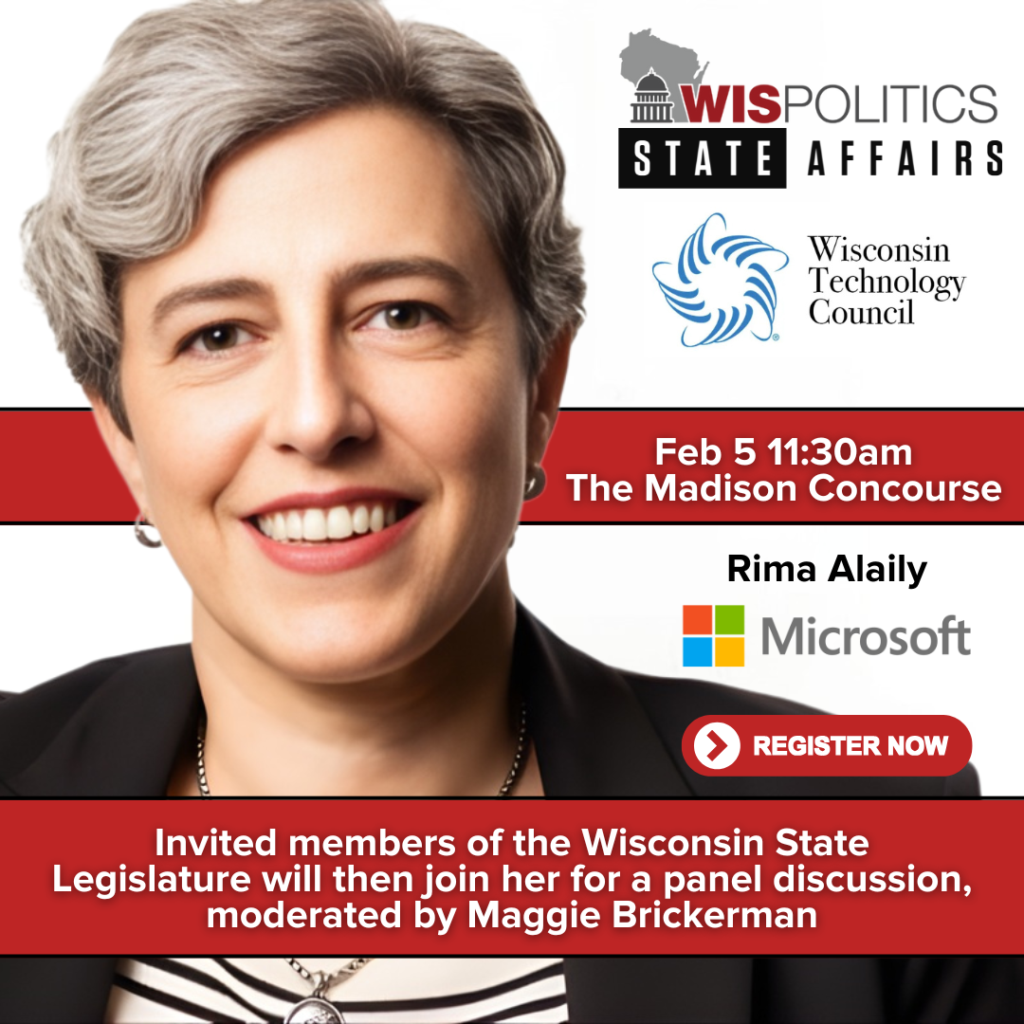Milwaukee, Wis. – Many people are looking forward to fun festivals this summer. As usual, scammers are taking advantage of the building excitement. This time, they are cashing in with phony tickets—and even fake events.
How the scam works
You see a fantastic deal on tickets to a summer festival in your area, usually through a link on social media. The event promises live music, all-you-can-eat meals, craft beer or wine, or other fun activities.
When you click the social media link, it takes you to a professional website with fantastic pictures. You enter your credit card information to buy tickets and think you are all set. But before you buy, do a little research. Whether the event is non-existent, merely disappointing, or you just bought phony tickets, the result is the same: someone pockets your hard-earned money!
BBB Scam Tracker has received numerous reports from people who purchased fake tickets to actual events or events that have yet to materialize.
In a recent BBB Scam Tracker report, a customer reported, “A scam that is currently targeting artists and vendors by falsely using Crooked Tree Arts Center’s name as the host of an event that does not exist. We have been made aware that individuals are collecting booth fees for an event that is purportedly taking place at Crooked Tree Arts Center on MAY 23-25, JUN 13-15, JUN 27-29. However, no such event has been scheduled at this venue, and they are not affiliated with these individuals or their organization in any way. The scam appears to involve soliciting artists and vendors through email and possibly other platforms, requesting payment for booth spaces under false pretenses.”
How to spot a fake festival
- Research before you buy. Search online for the festival’s name and ensure the name advertised matches the website. Scammers often use names that sound similar to those of real festivals.
- Check for (working) contact information. The festival website should have a real phone number and email address.
- Watch out for prices that sound too good to be true. There is no way a festival can offer tickets at extremely low prices without losing money. If the prices are much lower than elsewhere, it’s likely a scam.
What can you do?
- Pay with a credit card. You can dispute the charges if the business doesn’t come through. Be wary of online sellers that don’t accept credit cards.
- Look for secure sites. The website should begin with HTTPS (the extra “s” is for security) and have a lock symbol on the address bar.
- Avoid tickets sold on Craigslist, Facebook Marketplace, and other free online listings. Scammers are skilled at providing realistic tickets and fake receipts. Check out third-party ticket sites at BBB.org before making purchases.
For more information
Read BBB’s tips for buying tickets to an event. For general information on how to avoid scams, visit BBB.org/AvoidScams.
For more advice, read BBB’s tips on online shopping.
If you or someone you know experienced a scam, report it to BBB Scam Tracker to help warn others.
Want more of these emails? Subscribe to BBB’s weekly Scam Alerts.
View the online version
For more information or further inquiries, contact the Wisconsin BBB at www.bbb.org/wisconsin, 414-847-6000 or 1-800-273-1002. Consumers also can find more information about how to protect themselves from scams by following the Wisconsin BBB on Facebook, Twitter, Instagram and YouTube.
ABOUT BBB: The Better Business Bureau has empowered people to find businesses, brands, and charities they can trust for more than 110 years. In 2024, people turned to BBB.org more than 220 million times for BBB Business Profiles on 5.5 million businesses, and 725,000 times for BBB charity reports on 12,000 local and national charities. The International Association of Better Business Bureaus is the umbrella organization for the local, independent BBBs in the United States and Canada.




